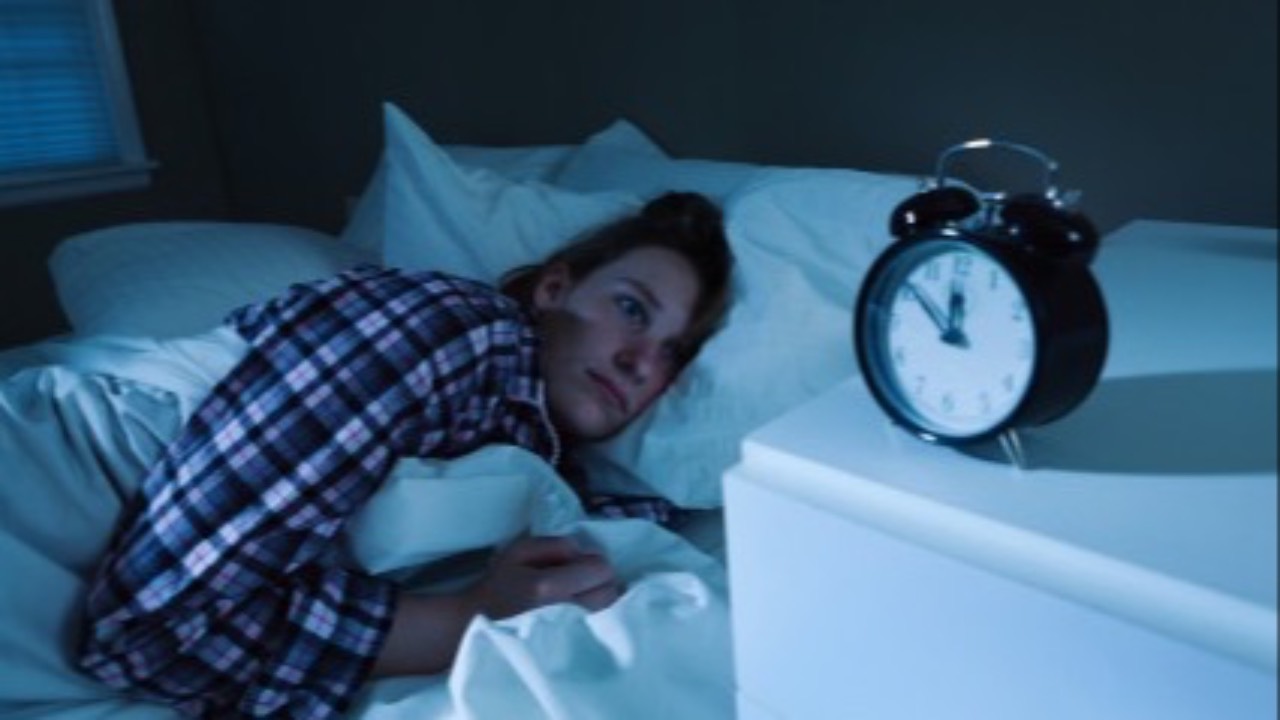Struggling With Nighttime Anxiety? Try These 6 Simple, Natural Fixes Tonight

Ever lay in bed with your mind racing, heart thumping, and sleep nowhere in sight? You’re not alone. Nighttime anxiety is incredibly common—and incredibly frustrating. The day’s done, your to-do list is (mostly) complete, and yet your body feels like it’s stuck in go-mode.
But the good news? You can calm your nervous system, naturally. You just need the right tools to send the “it’s safe to relax” signal to your brain.
Here are six simple, holistic strategies to help reduce nighttime anxiety and finally get the rest your body deserves:
1. Limit Screen Time Before Bed
Blue light from screens messes with melatonin production—the hormone your body needs to fall asleep. It tricks your brain into thinking it’s still daylight, making it harder to wind down.
What to do:
Shut down screens at least 1 hour before bed. If you have to use your phone or computer, try wearing blue light-blocking glasses or turning on “night mode.” Even better—swap scrolling for reading, journaling, or a calming skincare routine.
2. Practice Relaxation Techniques
Your breath is your built-in anxiety tool. It’s free, always available, and wildly effective. When your exhale is longer than your inhale, your body shifts out of “fight or flight” and into “rest and digest.”
Try this:
-
Deep belly breathing: Inhale for 4, exhale for 6
-
Progressive muscle relaxation: Start at your toes and slowly tense and relax each muscle group up to your face
-
Guided meditation: Apps like Insight Timer or Calm can help you slow racing thoughts and focus on your breath
3. Avoid Caffeine and Alcohol
Both caffeine and alcohol can seriously mess with your sleep—even if they’re consumed hours earlier.
Caffeine tip: Avoid it after 12 p.m. It can linger in your system for 6–8 hours and spike cortisol, your stress hormone.
Alcohol tip: It might help you fall asleep faster, but it often leads to frequent wake-ups, night sweats, and dehydration.Not a recipe for restful sleep.
4. Try Aromatherapy
Essential oils can work wonders for calming your mind and easing you into rest. Their soothing scents interact with your limbic system—the part of your brain that controls emotions and memories.
Top oils for anxiety and sleep:
-
Lavender: Calming, relaxing, reduces heart rate
-
Bergamot: Uplifting but grounding
-
Orange: Mood-boosting and comforting
-
Sandalwood: Earthy, warm, and deeply relaxing
Diffuse them, roll them on your wrists, or sprinkle a few drops on your pillow.
5. Don’t Eat Right Before Bed
Late-night snacks might be comforting, but they can disrupt your sleep cycle. Digestion is an energy-intensive process—if your body is focused on breaking down food, it’s not focusing on rest.
Best practice: Finish eating at least 3 hours before bed to give your system time to wind down. If you’re truly hungry before sleep, opt for something small, like a banana with almond butter—just don’t make it a habit.
6. Create a Consistent Bedtime Routine
Your brain loves rhythm. A predictable bedtime routine helps signal to your nervous system that it’s time to relax.
What to include:
-
Go to bed and wake up within the same 30-minute window every day—yes, even on weekends
-
Do something calming before bed: skincare, herbal tea, light stretching, or a calming playlist
-
Keep your bedroom cool, dark, and tech-free for optimal rest
Final Thoughts: You Don’t Have to Just "Deal With It"
Nighttime anxiety doesn’t mean you’re broken—it means your body needs support. By creating calming rituals, adjusting your habits, and nourishing your nervous system, you’ll teach your body how to feel safe enough to rest.
Give one or two of these tips a try tonight—and if it works, build on it. Sleep is not a luxury. It’s a foundation for healing, hormone balance, and your overall well-being.
Sweet dreams, friend. You’ve got this.
